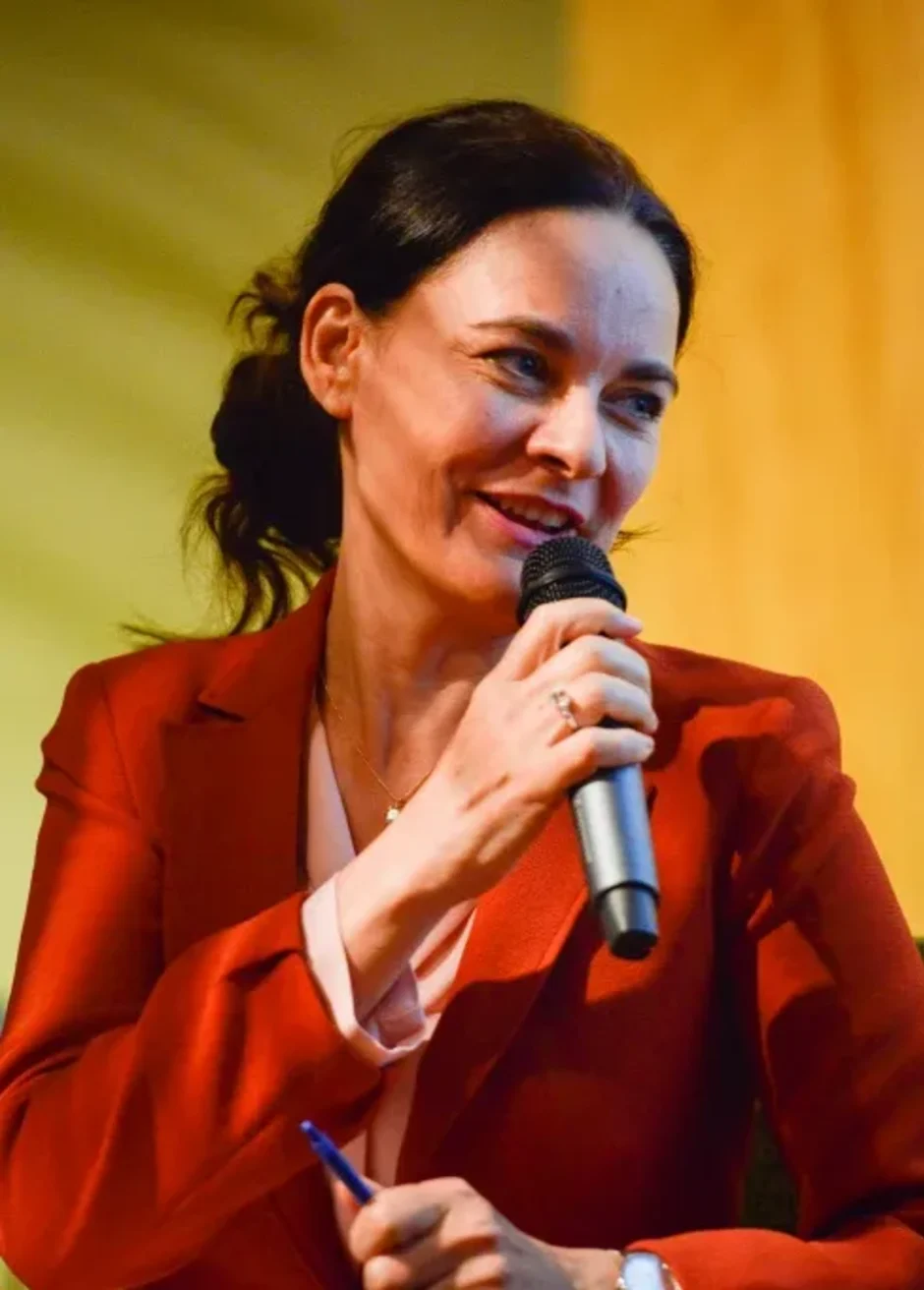
Authors shocked by unexpected sale of publisher AUP
Amsterdam University Press has sold its English-language book programme to commercial publisher Taylor & Francis. UvA authors and editors have reacted with dismay to the brief communication about this decision and are concerned about the future of the publishing house. “For many, it feels like the sell-off of our research, our work, our brains.”
Recently, UvA researchers who work as authors or editors on publications at Amsterdam University Press (AUP)a publisher of academic books and online publications in the humanities and social sciences, received an email from AUP director Jan-Peter Wissink. In a few lines, he stated that the academic book programme has been taken over by commercial publisher Taylor & Francis (T&F).
Authors and editors were faced with a fait accompli: all the work they have ever published with AUP is now owned by T&F. Professor of Film Studies Patricia Pisters, co-author of the book series Film Culture in Transition, was shocked: “Our work, which is paid for by taxpayers’ money, has been sold to a profit-driven company without our knowledge. We have always worked for AUP for free. Because we also want a free academic publisher to continue to exist. Now all that work, from years and years, has been sold to a commercial company. For many, it feels like the sell-off of our research, our work, our brains.”

Fired
In an accompanying letter, T&F welcomes the editors and assures them that everything will remain the same and that publications in progress will continue as usual. However, this will be in collaboration with the T&F editorial team. When Pisters calls her regular editor at AUP, she learns that he has been fired as of 1 July. Other UvA scientists with publications in progress also report that editors at AUP have been dismissed. The exact number is not yet known. Every year, around eighty books are published by AUP, in collaboration with UvA and international researchers.
Director Jan Peter-Wissink declined to comment on the takeover of T&F by Folia. He referred to the news item on the AUP website stating that T&F and AUP are now partners in the English-language book programme and that the editors and authors have been informed. The same announcement states that AUP will remain independent and, with twenty employees, will continue to be responsible for Dutch-language books, a modest part of AUP's publications.
Financial problems
This is not the first time that there has been controversy surrounding AUP, the publishing house founded in 1992 by the University of Amsterdam (UvA). Following financial problems, the then director was dismissed by the rector of the UvA in 2012. In 2019, the publishing house was privatised and became an independent company. This meant that AUP was no longer officially a publisher of the university, but it continued to function as such. Its main objective was to promote the exchange of knowledge in the international research community and to publish as much as possible in open access, i.e. accessible to everyone.
Open access
“We scientists are already paid by the taxpayer,” says Pisters. “It is therefore only right that we share the knowledge we gather with the world. It is not right that publications disappear behind a paywall and that a third party makes millions in profit,” says Pisters, referring to the salary of the CEO of Informa LTD, the parent company of T&F, who is said to earn 5 million euro’s a year.
In recent years, the conditions for open access publishing had already deteriorated. “If you wanted to publish open access, you had to bring your own budget. With a grant from NWO, this is included as standard. And sometimes books are only available online open access. Nevertheless, as academics, we scraped together what we could to make a free university press possible.”
With the takeover of T&F, this is now at risk, fear Pisters and Tobias Blanke, professor of artificial intelligence and humanities. Blanke: “We chose AUP because of their excellent reputation and leadership in open access for books. There is a danger that this will now be lost, and with it the value of AUP for us and many others. That is a great loss for academic publishing.”
And this does not only apply to the UvA’s publishing house. For years, academic journals have been “eaten up” by commercial publishers and publications have disappeared behind paywalls, according to Pisters. “That is what ultimately bothers us so much.”
Joint position
There is also discontent among the international researchers who collaborate with AUP about the unexpected takeover. Several authors, such as German film studies professor Vinzenz Hediger, have already spoken out on social media. At the annual European conference in Lisbon, editors are discussing a joint position to withdraw from AUP.
Other editors want to wait for the outcome of the talks with T&F first. Martijn Icks, assistant professor of Ancient History: “We will probably continue with T&F. There are also advantages to working with a large publisher: a broader distribution network and greater visibility for published books.” However, the lines of communication between authors and the production team will become longer and more businesslike due to commercial interests, he guesses. “The nice thing about AUP was that I could just pop in for a coffee with the person responsible if I wanted to discuss something. That will probably change now.”



